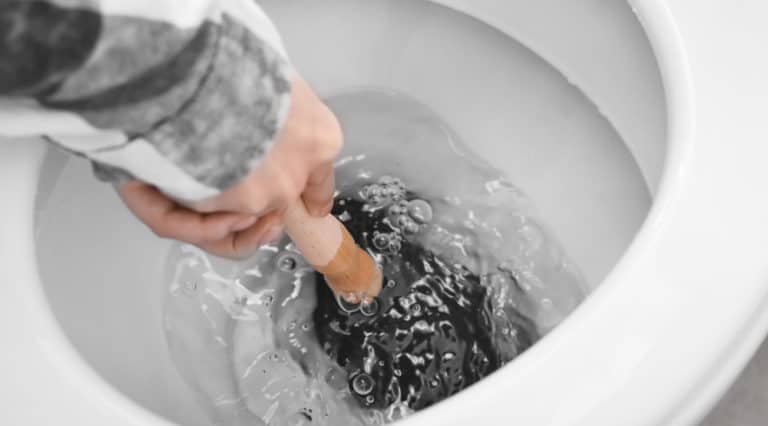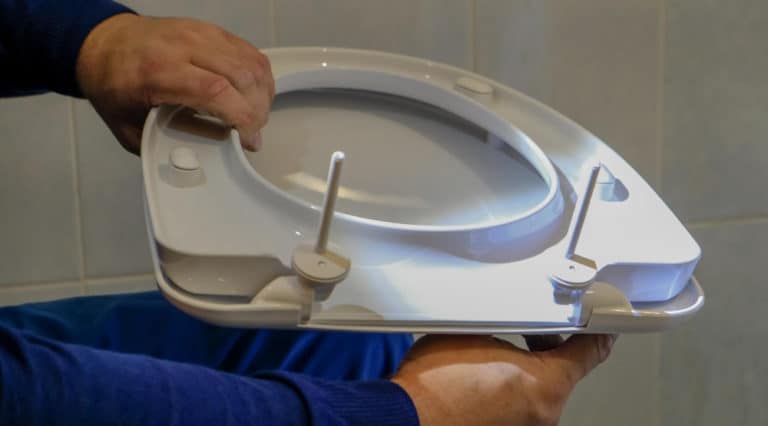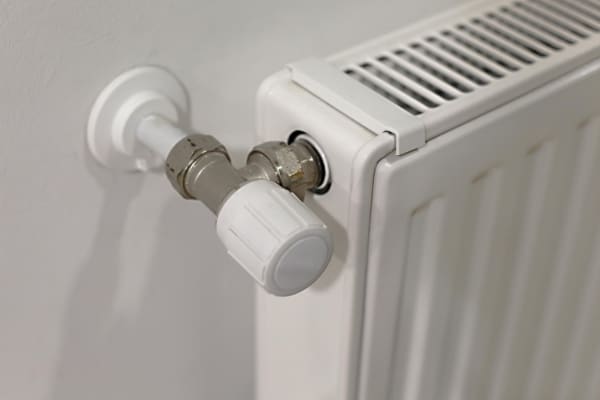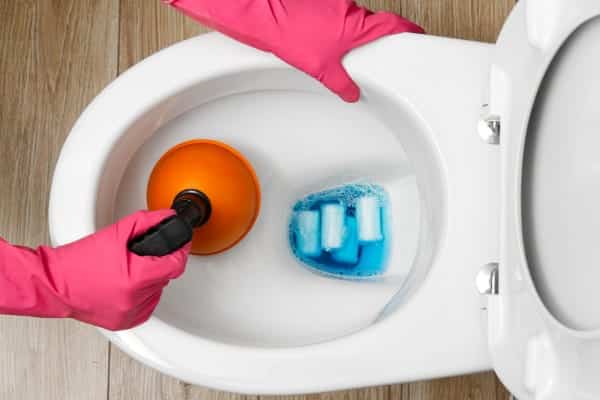Find My Local Expert Steps to Unclogging Without a Plunger...
Read More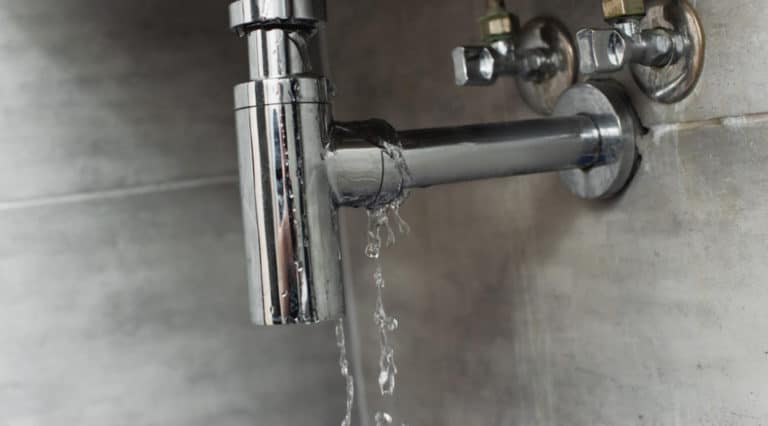
What should you do if there's a leak in your home?
Finding a water leak in your home is always going to be a concerning event, and one of the worst things about it is the more you know about water leaks, the more worrying it becomes. Living in blissful ignorance of the detrimental effects a water leak can have in your home can see a person worrying only about things like having to dry carpet, or perhaps mop a floor. A person who is aware of how bad a water leak can be will be concerned about things like rot, dampness, mould, and more.
That being said, whether you are fully aware of the problems a water leak can cause or you are just concerned about a puddle on the floor, you will still be keen to deal with the problem as soon as possible.
Fortunately, you are not entirely powerless in this situation. The handier among you may even be able to deal with the problem without any outside assistance, but almost everyone should be able to take action to prevent things from getting any worse than they absolutely have to.
So, let’s take a look at what you should do if you encounter a water leak in your home.
Turn Off the Water: Find the Stopcock
You can exercise a little personal judgement on whether this step is necessary. If you can see exactly where the water is leaking from, and the rate of the leak is small enough that you could feasibly put a container of some kind under it to catch the water, you may decide to do that while you wait for a professional to come out and fix the problem. That way, you don’t have to deal with the water being off in the meantime.
However, if you can’t pinpoint the source of the leak or the leak is too big to realistically catch the water in a container, you will need to turn the water off as soon as possible.
You do this using the stopcock, which is essentially a regular tap but for all of the water coming into your property. If you know where it is, you can simply turn it off as you would any other tap (by turning it clockwise), and the water to your home will be cut off. If you don’t know where the stopcock is, you will need to find it.
As a slight aside, if you are reading this out of pure curiosity (and aren’t currently dealing with a leak) and you do not know where your stopcock is, you should definitely find out as soon as possible. The longer it takes you to find your stopcock when you do have a leak, the more damage that can be done to your property while you search.
Stopcocks are usually placed where the water enters your building (not the property boundaries, but the house itself). Common places include under the kitchen sink, in a utility room or pantry, and near any kind of boiler. It should be on the ground floor of the property.
Though uncommon these days, some properties may not have a stopcock in the house. In these cases, you will have to turn your water off from the stop valve outside. The stop valve will be within the boundaries of your property, not out on the street. The stop valve out in the street is for the use of the utility company, whereas the one inside your property is your responsibility. It should be under a small square or round metal cover and may need a special tool to turn. If you’re not sure, your water supplier should be able to help you.
After doing this, turn on a tap somewhere in the house to let the pressure out of your water pipes. If the leak is coming from a fatigued fitting, this should be enough to stop the water from coming out. If the leak is more serious—such as a broken pipe—you can look for the lowest water source in your property—such as a downstairs sink, toilet, or hose pipe fixture—and let as much water out of that as will come out. This will cause all of the water higher up in the property to head downwards under gravity.
Once the water is off (or the leak is contained), it’s time to decide on your next move. If you are quite handy, have the appropriate tools, and know where the leak is coming from, you could tackle it yourself, but if that’s the case, you probably don’t need this article. If you’re at all unsure, however, it’s best to call someone who is. It’s very easy to make a plumbing problem worse if you don’t know what you are doing.
What Do I Do if I Can’t Turn Off the Water?
If you can’t turn the water off, your next course of action will largely depend on where and how serious the leak is. If you know where it is and you can get something under it to catch the water—and the leak is small enough that you don’t have to change the container every two minutes—then you can do that and just keep emptying your leak-catching container until you can get a plumber out.
If, however, you don’t know where the leak is coming from, or the leak is too big to realistically catch it with a container for any length of time, you will need to call your water supplier’s emergency call out number. They will be able to send someone out quickly to turn off your water on the street. What happens from there will depend on the specific circumstances of your leak, which is something you will be able to discuss with the person who comes out from your water supplier. Obviously, you will need your water turned back on as soon as possible, so the leak will need repairing quickly.
It's Only Leaking in One Spot
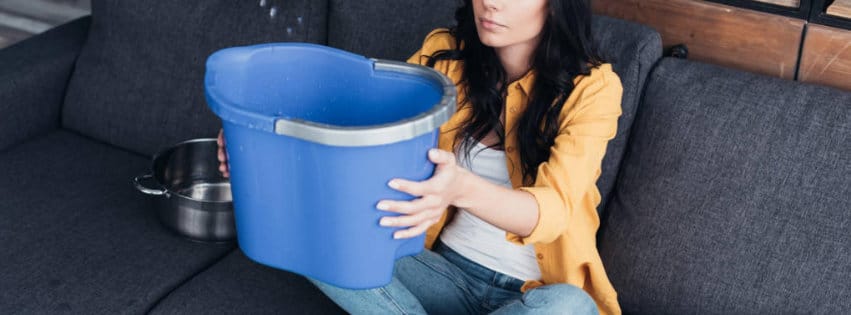
Most of the time, any kind of leak in your home will only come from one spot. In fact, if you do find that you have multiple leaks at once, you are very unfortunate indeed. The good news is that having the leak come from one specific place can sometimes provide an opportunity to minimise the disruption it causes.
While it’s not unheard of for pipes in walls and floors to burst, the majority of leaks occur near fixtures, such as taps and radiator fittings. If your plumbing is relatively modern, you may find that the area the leak is in can be isolated without having to turn all of the water off in your property. A common example of this would occur in leaks that happen around a sink, as it is common practice these days to put an isolation valve on the feed to the sink taps. In this case, if the leak is above the isolation valve, you can turn that off to stop the leak while leaving the water to other parts of your property unaffected. This also means the leak can be repaired without further disrupting your water supply.
What If I Can’t Find the Leak?
While that ideal scenario where the leak is coming from an easily accessible location that can be isolated is entirely plausible, you may find yourself facing a leak from a less convenient place, such as behind a wall, or in the ceiling. In the case of a burst pipe in the walls, you will probably only know due to inexplicable damp patches, and perhaps hissing noises from within the wall. With a leaking pipe in the ceiling (such as the loft, or between floors), you will either see damp patches on the ceiling or outright dripping.
With a leak in the wall, you will have to follow the steps above and get an expert out. Even getting to the source of the leak may be a destructive process that requires professional attention. If the leak is coming from above—and especially if the leak doesn’t stop once the water is shut off—you should check above the ceiling.
It could be something like an overflowing sink or bath upstairs, a problem with an upstairs water tank, or even an issue with your roof that is letting rainwater through. Unfortunately, if it is something like a leaking roof or water tank, you will just have to do your best to catch the leak until someone can come out and repair the problem.
We’re Here to Help!
When a problem like this occurs, you need to be able to find someone to deal with it as quickly as possible. Fortunately, there are plenty of professionals out there who can help, all you have to do is search.
Just remember, try to take as much action as you can to limit the damage caused by the leak. Once you’ve done that—or if there are no steps you can take—get the experts in, and they’ll be able to put your leaking home to rights.
You May Also Like...
How to Replace a Toilet Bowl
Find My Local Expert How to Replace a Toilet Bowl...
Read MoreHot Water Knob Isn’t Working
Find My Local Expert Hot Water Knob Isn’t Working Few...
Read MoreEasy Ways to Bleed and Maintain your Boiler
Find My Local Expert Easy Ways to Bleed and Maintain...
Read More6 Reasons Why Your Toilet Bowl Isn’t Flushing
Find My Local Expert 6 Reasons Why Your Toilet Bowl...
Read MoreNeed That Leak Fixed?
My Trusted Expert Guarantee
Experts Have Been Vetted & Approved
